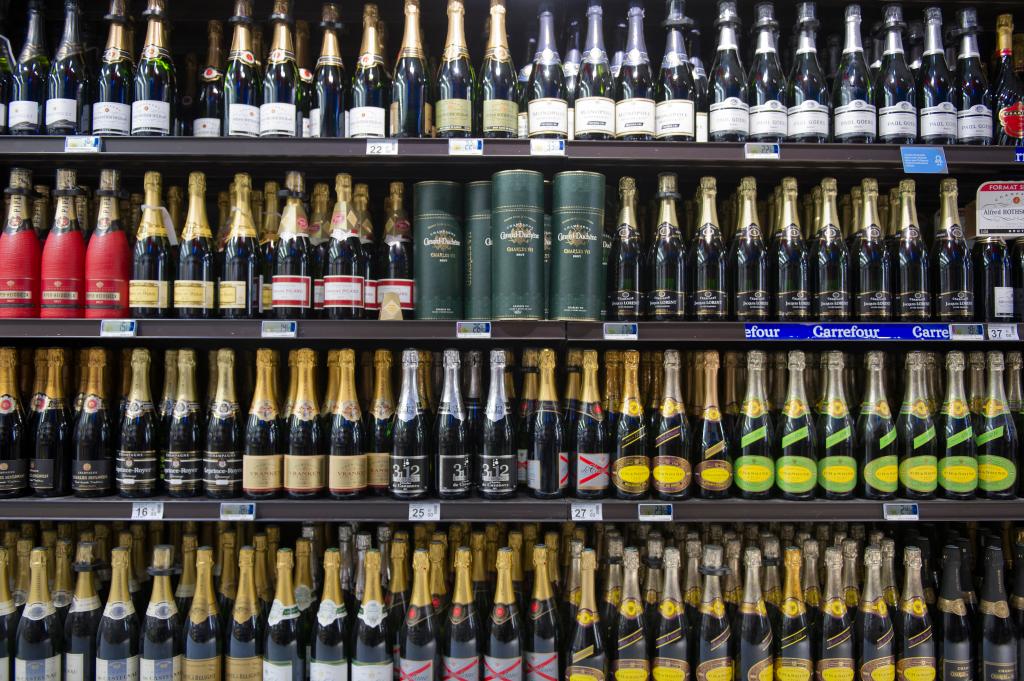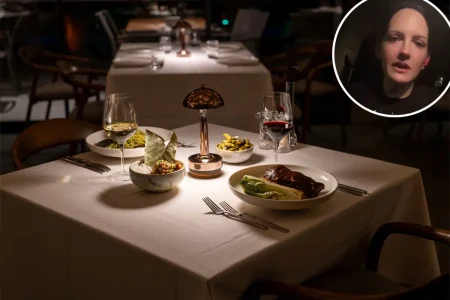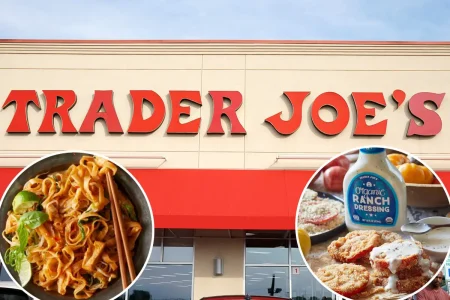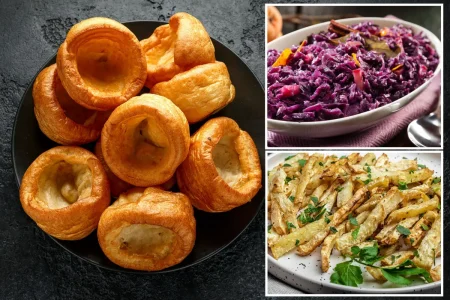The Champagne industry experienced a significant downturn in 2024, with shipments falling by 9.2% to 271.4 million bottles. This decline reflects a broader trend of decreased consumer spending on luxury goods, driven by economic uncertainties, political instability, and a prevailing sense of “gloom” in key markets like France and the United States. The Champagne Committee, the governing body representing both growers and houses in the Champagne region, acknowledged the challenging market conditions, highlighting Champagne’s role as a barometer of consumer sentiment. The decline in shipments signals a shift in consumer behavior, with individuals and businesses less inclined to celebrate or indulge in premium products amidst financial anxieties and global unrest.
The French market, traditionally a strong base for Champagne consumption, saw a 7.2% decrease in shipments, totaling 118.2 million bottles. This domestic downturn mirrors the broader economic and political anxieties within France. President Macron’s appointment of his fourth prime minister in a year underscores the ongoing political instability, which, coupled with economic challenges like inflation, has dampened consumer confidence. The difficulties faced by the Macron administration in passing the 2025 budget further exacerbate the sense of uncertainty, making consumers hesitant to spend on luxury items like Champagne. The political backdrop creates a climate of caution, impacting consumer spending and contributing to the decline in Champagne sales within France.
The impact of the global economic slowdown and political instability extended beyond France’s borders. Exports of Champagne also experienced a significant decline, falling by 10.8% to 153.2 million bottles. This decrease highlights the interconnectedness of global markets and the vulnerability of luxury goods to international economic fluctuations. The widespread economic uncertainty, coupled with geopolitical tensions and conflicts, has suppressed consumer demand across various markets. This global downturn reflects a broader trend of reduced spending on non-essential items, impacting the Champagne industry’s performance in international markets.
The Champagne Committee, recognizing the challenges posed by the declining market, emphasized the importance of long-term strategic planning and adaptation. David Chatillon, co-president of the committee, stressed the need to focus on future growth by maintaining environmental standards, exploring new markets, and attracting new consumers. This proactive approach aims to mitigate the impact of current market conditions and position the Champagne industry for future success. Investing in sustainable practices, diversifying market reach, and engaging new consumer demographics are crucial strategies for navigating the current downturn and ensuring the long-term viability of the Champagne industry.
The challenges faced by the Champagne industry in 2024 were further compounded by unfavorable weather conditions in the Champagne region. Frosts, excessive rainfall, and mildew fungus outbreaks negatively impacted the grape harvest, adding to the industry’s woes. These climatic challenges underscore the vulnerability of agricultural production to environmental factors and the potential impact on product availability and quality. The Champagne industry’s reliance on a consistent and high-quality grape harvest makes it particularly susceptible to the vagaries of weather, highlighting the importance of climate resilience and adaptation strategies for the future.
Despite the challenges posed by the poor 2024 harvest, the Champagne industry benefits from its unique production method, which relies on blending wines from different vintages. This blending process allows producers to utilize reserves from previous years, mitigating the impact of a single poor harvest. The ability to draw upon reserve wines ensures a consistent supply of Champagne and maintains the quality and style of the final product. This practice provides a buffer against annual variations in grape quality and quantity, contributing to the long-term stability of the Champagne industry. The strategic use of reserve wines allows producers to maintain consistent quality and supply, even during challenging years like 2024, demonstrating the resilience and adaptability of the Champagne production system.














